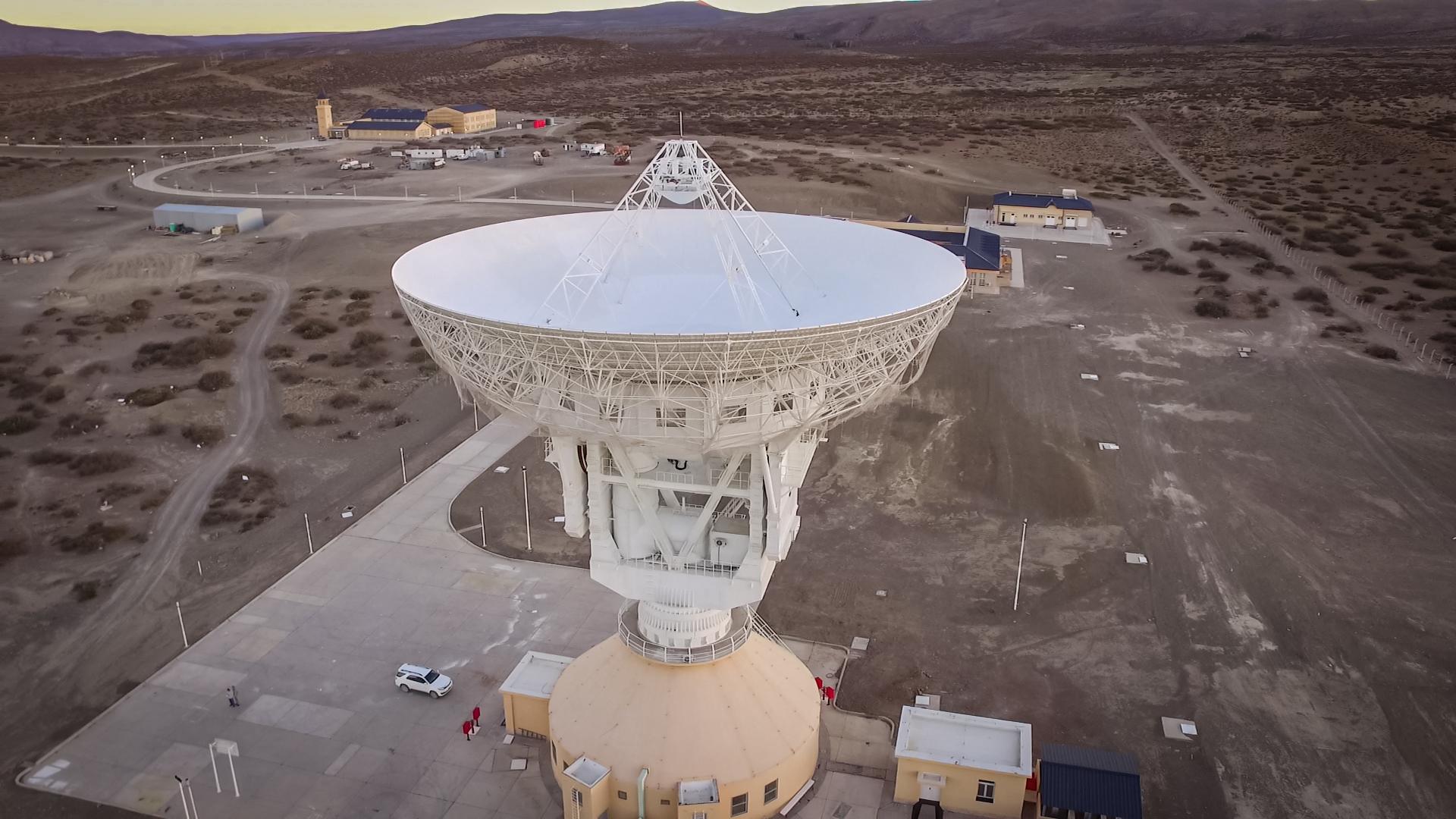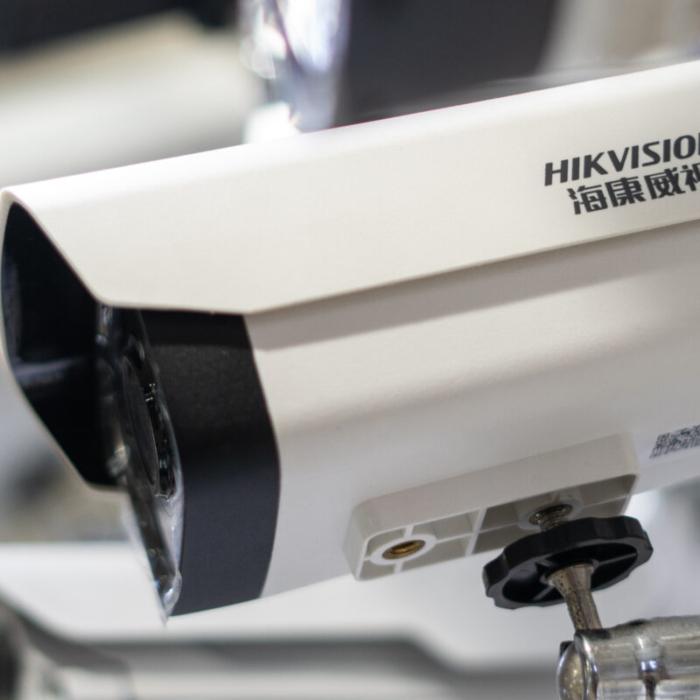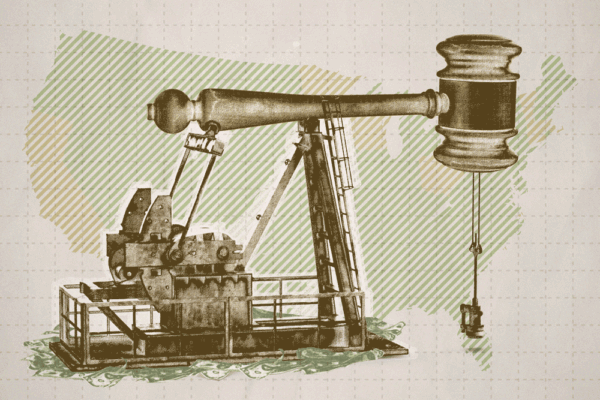A 2012 agreement between officials in Argentina’s Neuquén Province and Beijing allowed the construction of a deep space tracking station near the Chilean border, which made Washington sit up and take notice.
Since the Espacio Lejano contract was signed, analysts and U.S. officials have repeatedly expressed concern over China’s expanding collaboration with Argentina in matters of security and surveillance.
Mr. Milei took office on Dec. 10, 2023, replacing progressive President Alberto Fernández, who forged closer ties with China and signed a 2022 deal to join the CCP’s Belt and Road Initiative. While campaigning, Mr. Milei made no secret of his disdain for communist regimes and signaled his intent to move away from socialist policies in favor of a more libertarian direction.
In the nearly seven months he has been in office, Mr. Milei has enacted major economic reforms and a downsizing of government.
Other recent “positive indicators” indicate that the Milei administration is prioritizing defense relations with the United States over China, according to Leland Lazarus, associate director of national security at Florida International University’s Jack D. Gordon Institute for Public Policy.
“The fact is that in just six months, he’s already visited the United States multiple times. He’s met with Secretary [Antony] Blinken, he’s been to the White House ... all that is like absolute music to Gen. Richardson’s ears; to [President Joe] Biden’s ears,” Mr. Lazarus told The Epoch Times.
Gen. Richardson traveled to Argentina in April, on a visit that included the donation of a Hercules C-130H transport aircraft to the Argentine Air Force and a tour of a naval facility in Ushuaia, Tierra del Fuego, the extreme south tip of the country.
“We are committed to working closely with Argentina so that our collaborative security efforts benefit our citizens, our countries and our hemisphere in lasting and positive ways,” she said in a statement at the time.

In Ushuaia, Gen. Richardson met with local military personnel to discuss their role in “safeguarding shipping routes vital to global trade.”
Argentine officials said they also discussed “legislative modernization in defense matters.”
Under the previous administration, China had been given preferential treatment.
In June 2023, Tierra del Fuego Gov. Gustavo Melella gave China the go-ahead to build a “multipurpose” port facility near the Strait of Magellan.
The project was promptly met with legislative backlash as three national deputies and members of the Civic Coalition filed an official complaint against the governor’s provincial decree to build a port with Beijing. The same group further accused Mr. Melella of violating Argentina’s national security.
Shift in Relations
Mr. Lazarus said Argentina’s desire for deeper security cooperation with Western partners was also evident in April when Argentine Minister of Defense Luis Petri signed a historic purchase agreement for 24 F-16 fighter jets from Denmark.“Thanks to this investment in defense, I can proudly say that we are beginning to recover our aerial sovereignty and that our entire society is better protected against all those threats that put us to the test.”

The China snub on such a notable arms deal is telling for some, as the CCP has invested a lot in Argentina’s defense sector.
China’s Space Interests
Access to space plays a key role in the CCP’s strategic aims.So when reports surfaced in early April that Mr. Milei’s administration wanted to inspect Espacio Lejano, experts said it supported his national security moves away from China.
It’s a good sign that he is making the request, Evan Ellis, a Latin American studies research professor for the U.S. Army War College, told The Epoch Times.
Under the Espacio Lejano contract, signed under the Peronist regime of Cristina Fernández de Kirchner, CCP officials don’t have to let anyone—even the Argentine president—inside the facility without prior notice.
“When a leader shows up and walks around, the issue isn’t, ‘Wow, there’s a big telescope here,’ it’s what it’s being used to track,” Mr. Ellis said.
China has maintained that Espacio Lejano is for deep space exploration, moon missions, and communications with existing satellites in orbit. But, like others, Mr. Ellis believes the claim of space exploration alone is highly unlikely.
“The big issue is, what could this facility do in times of war?” he asked.
Mr. Ellis maintains that the failure to find a proverbial “smoking gun” in the station doesn’t automatically negate nefarious activity.
“Theoretically, you may have been able to find people who weren’t supposed to be there ... data you shouldn’t be collecting, but all of those things would be easy to hide with advance notice,” he said, noting that a look at the type of equipment inside would also offer some insights.
The former minister under the Macri administration told The Epoch Times that an official inspection of Espacio Lejano took place in early May.

“Here’s the more concerning issue: Neuquén is just one of 11 ground stations [and] space research facilities that China has in Latin America and the Caribbean. It’s weird. It’s the most amount of space equipment they have outside their own country,” Mr. Lazarus said.
It also offers strategic advantages for any government wanting to engage in espionage.
Regarding deeper security collaboration with the United States, Mr. Ellis believes that the Milei administration will do “everything possible without burning through his contracts with China.”
China is Argentina’s No. 2 trade partner, and both Mr. Ellis and Mr. Lazarus agree that while a desire for more strategic collaboration is apparent, Mr. Milei won’t budge with Beijing.
However, if Argentina’s defense cooperation with China turns frosty, Mr. Lazarus said, the communist regime may wait until another Argentine administration is voted in to continue its expansion. One that’s more favorable to the CCP’s goals.
For the moment, Argentina is experiencing what Mr. Lazarus called the “Miracle Milei” effect. Several months after taking office, Mr. Milei announced the nation’s first budget surplus in nearly 20 years.
But Mr. Lazarus posed the question, “How long can the milagro [miracle] Milei really last?”
Argentines will need to go through “quite a bit of pain” economically to effect any lasting change, he said.
Mr. Lazarus said this could lead to disenchantment and that Argentines can be fickle with their leadership, which could result in a regime change at the next election—at the end of 2027.
For now, however, things are looking good for U.S. security interests, he said.
“Obviously we’re seeing a positive demand signal from Argentina,” Mr. Lazarus said.

















